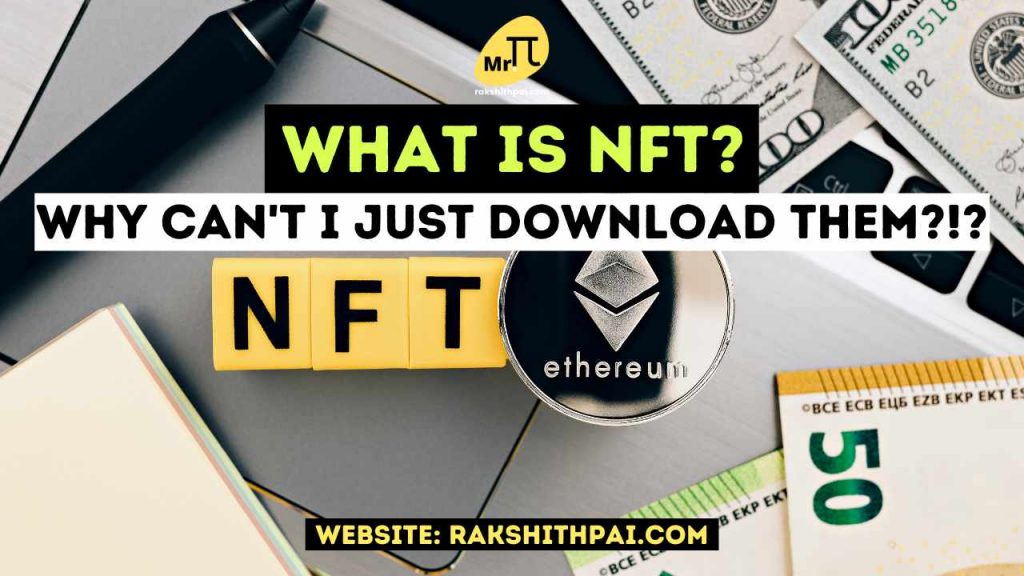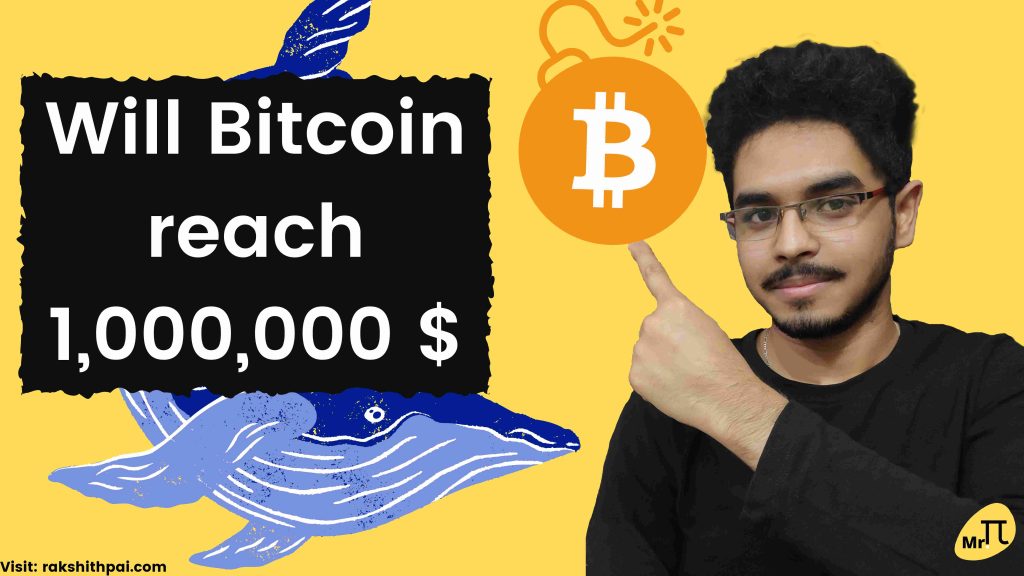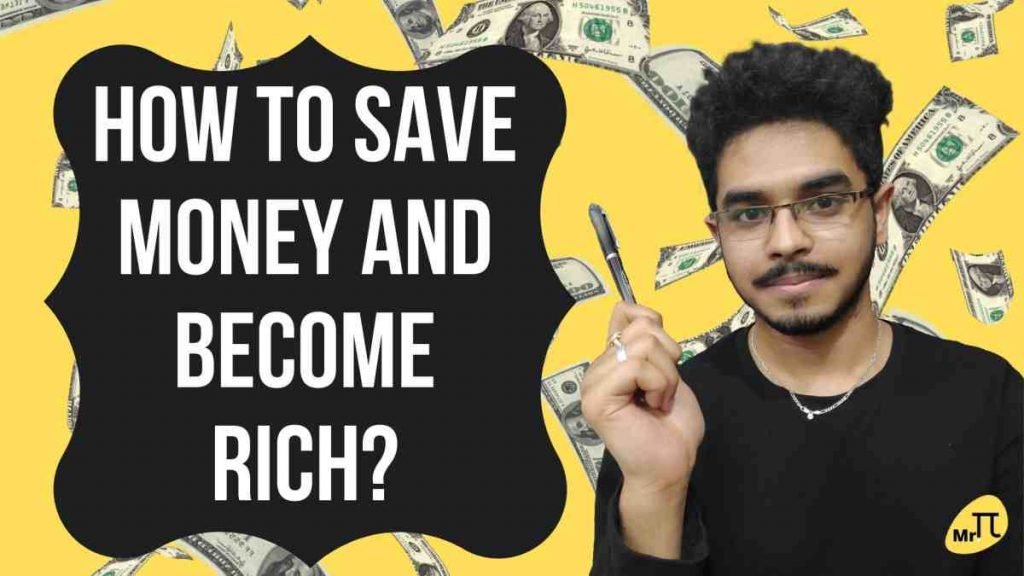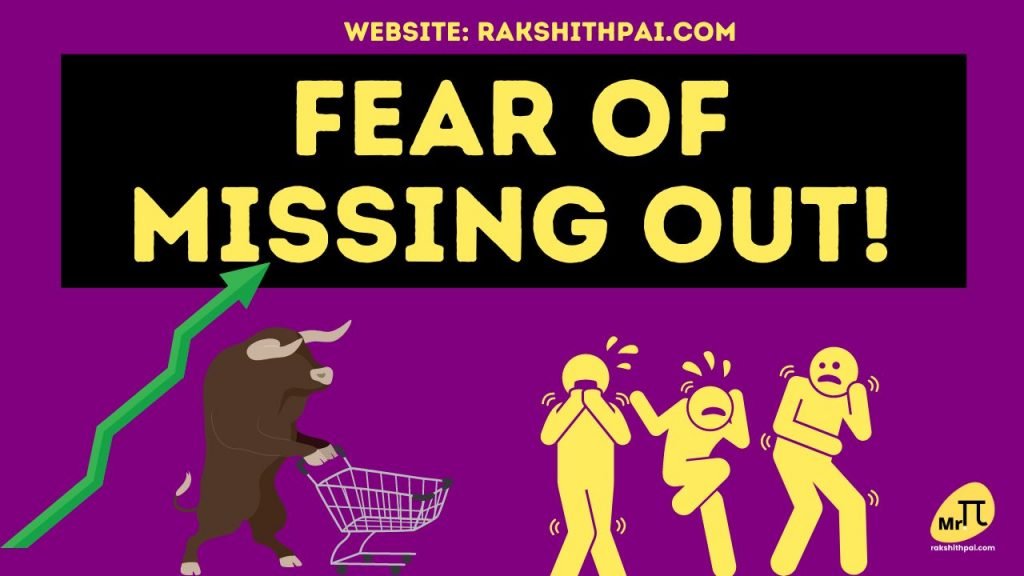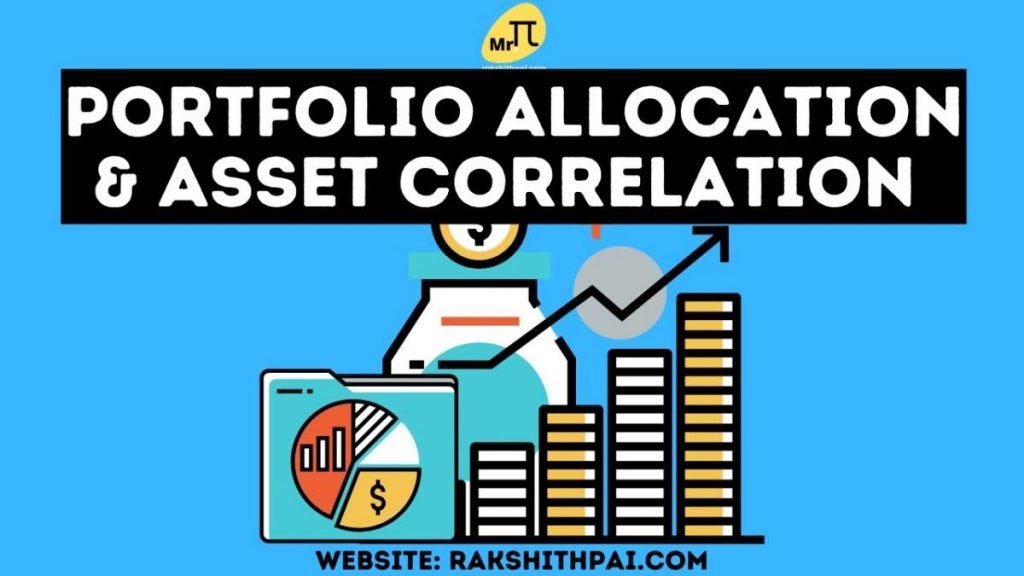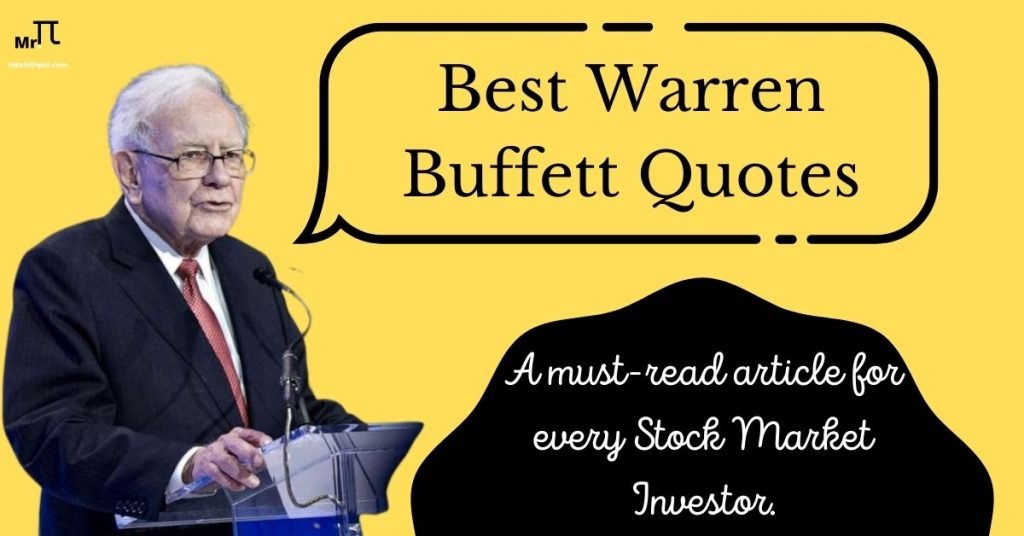Table of Contents
What is an NFT?
NFT is an acronym for a non-fungible token, which means that it is a one-of-a-kind digital asset that belongs to you and you alone. NFT is a digital token that is permanently associated with a work of art and encrypted with the artist’s signature. It establishes the piece’s legitimacy and authenticity.
It is a type of digital asset that may be used to represent physical objects such as artwork, music, videos, and in-game content into a digital token.
For example, Create your artwork with all your editing skills. Such digital work can be sold online for digital cash such as Ethereum & other cryptocurrencies.
It’s more like an “Own your piece, quote your price” kind of movement.
Difference between NFT & Cryptocurrencies:
NFT is an abbreviation for “non-fungible token. While it is often developed using the same type of programming as a cryptocurrency, such as Bitcoin or Ethereum, the similarities end there.
Physical money and cryptocurrencies are both “fungible,” which means they may be traded or exchanged. Additionally, they are always worth the same amount. Due to crypto’s fungibility, it is a reliable medium of exchange on the blockchain.
So the distinction here is between one that is a digital currency (Crypto) and the other, which is a digital art form (NFT).
NFTs are distinct. Each one has a digital signature, which makes them non-fungible because they can’t be swapped for or used in the same way as other NFTs.
How can I Buy or Sell NFT?
You can create & contribute or even buy yourself an NFT art via online marketplaces such as “OpenSea”, “Rarible” and many other cryptocurrencies promoting websites.
NFT art is much more personal than one realizes. And, with virtually no limits to one’s imagination. Digital art is setting a new paradigm in the way we look at “Modern Art”.
Once you create your masterpiece, save the file as “JPEG”, “MP3”, “GIF” or other multimedia files and then upload the same in any of the earlier mentioned NFT servicing websites.
“To be an artist is to believe in life.” And, the life such NFT Art brings out coloring the digital world is simply marvelous.
Ownership in NFT:
Possessing an NFT does not automatically confer copyright or intellectual property rights on the digital asset represented by the token.
While someone may sell an NFT representing their work, the buyer may not always acquire copyright protection when ownership of the NFT is transferred, allowing the original owner to produce more NFTs representing the same work.
In that respect, an NFT is just a means of establishing ownership that is distinct from copyright. In certain ways, the purchaser obtains what the art world believes the purchaser has purchased. Without giving the copyright to the work to someone else, they don’t own it.
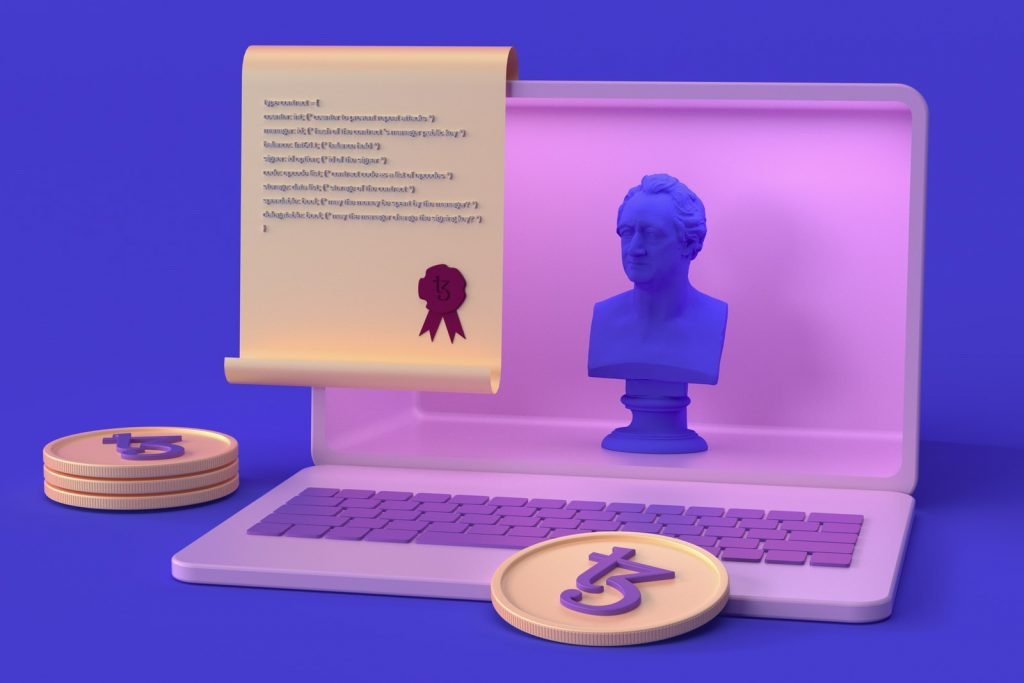
Is NFT a Good Investment?
Before investing in an NFT, you should know everything there is to know about cryptocurrency. To know more about cryptocurrencies, CLICK HERE!
The process of purchasing an NFT is difficult, It’s more like investing in Bitcoin in early 2010. Obviously, the return would have been handsome, but the ways to invest in Bitcoin during those days were very slim. To get started, you’ll need an Ethereum-compatible cryptocurrency wallet and some ether, as well as the ability to connect your wallet to an NFT marketplace – quite a few hoops to go through.
NFTs are also vulnerable to crypto hacks and fraud, which have gotten more prevalent and sophisticated in recent years. A Google search for “NFT fraud” demonstrates how easy it is to get into trouble. And, once you are in, it’s difficult to get back your initial investment.
Because there is so much risk involved in NFTs, they are not recommended for the average person to invest in. If you are only investing for the art and don’t mind never seeing the money again, NFTs might be right for you.
And in the case of risk-takers, Given that NFTs, like crypto, are volatile speculative assets, you’ll need to identify your exposure to them. In general, experts believe that most long-term investors will benefit from allocating a small portion of their portfolio to cryptocurrencies (less than 5%, and never at the expense of other financial objectives) rather than investing in NFT.
Additionally, there is the issue of value and utility. NFTs are not like stocks or bonds, where the underlying value of the investment is usually known. A successful NFT is usually compared to a great brand in that it receives a lot of value from others, which means it is “only as valuable as someone else is willing to pay for it,” and the amount one pays for your NFT art is more dependent on the brand value you possess than the art you provide. For example, “CryptoPunk NFT”.
Wiki link to know more about NFT.
Ethereum Investment instead:
A major beneficiary of NFT art and related works is Ether. Ethereum is used as a go-to currency to transact NFTs.
For investors banking on Ethereum’s long-term value gain, more individuals purchasing ether for NFTs has the potential to be a very beneficial thing. However, a significant disadvantage is an expense associated with purchasing NFTs. On Ethereum, you may be required to spend up to a hundred or two hundred dollars merely to complete the transaction.
These payments are referred to as “gas fees,” or the fees paid to miners for validating an Ethereum transaction. Gas prices have gone up as the number of transactions on the Ethereum blockchain has risen, mostly because people are using it more.
If you choose to purchase an NFT, do it for recreational purposes like you would a ticket to a concert or athletic event – not as an investment.
Advantages of Investing in NFT:
Digitization of Physical Asset
With NFTs, any physical asset can be digitized. This helps in regards to owing the said physical asset by numerous investors in a digital manner thus the same can be held in multiple fractions.
Fractional ownership of some assets, such as real estate, artwork, and expensive jewelry, is impossible in the current stage. But in the case of NTF, you can own any asset in any divisible fractions by any number of people.
It is far easier to split a digital representation of a building amongst numerous owners than it is to separate a real one. The same is true for a valued piece of jewelry or a limited-edition bottle of wine.
The market for some assets can be significantly extended by digitalization, resulting in more liquidity and higher pricing. Individually, it can improve the way financial portfolios are created by allowing more diversity and more precise position sizing.
Efficiency
The most obvious advantage of NFTs is that they have the potential to increase market efficiency. Changing a physical asset to a digital one makes things easier, cuts out middlemen, improves supply chains, and increases security.
A perfect example is playing out across several spheres of the art world. Thanks to NFTs, artists are increasingly able to engage directly with their fans, obviating the need for expensive agents and time-consuming transactions. Additionally, digitizing artwork improves the authentication process, expediting transactions and lowering expenses.
However, NFTs have uses outside of markets. They may one day be a good way for people and businesses to keep track of and regulate sensitive data and records.
Consider our reliance on actual passports, which must be produced at each point of entry and exit. We may significantly streamline the process of monitoring travel and identifying people by converting them to separate NFTs. The time and money savings might be enormous.
Safe and Reliable
NFTs are made using blockchain technology, which is a method of storing data that is impenetrable to hacking, altering, or deleting. In its simplest form, a blockchain is a digital record of transactions that is shared and replicated by everyone in a peer-to-peer network.
All NFTs on the blockchain has unique records of authenticity and chain of ownership, which potentially prohibits them from being mishandled or stolen. Once data has been added to the chain, it cannot be erased or modified.
This means that each NFT will have its value and scarcity preserved. This makes it possible for people to have a level of confidence that isn’t common in many markets.
Investment to Diversify
Non-traditional investments, such as stocks and bonds, are distinct from conventional investments. As said previously, they possess unique characteristics and provide benefits that we are only beginning to grasp and appreciate.
The risk profile of NFTs is distinct from that of other asset classes such as Equities & debt instruments. As a result, by including NFTs in an investment portfolio, its efficiency may be increased. Essentially, this implies attaining a more favorable risk-reward ratio.
Disadvantages of Investing in NFT:
NFTs are Illiquid
NFT is a new market. They are yet to be accepted by the mass, the market for NFTs is not particularly liquid. NFTs are not well understood, and the market for them is modest.
As a result, NFTs can be extremely difficult to trade, particularly during times of hardship. Additionally, this means that NFT pricing can be rather unreal at times.
Volatile Pricing
We cannot define how an NFT is to be priced. This is where the ‘Art’ part of the asset kicks in. You cannot define the real work of modern art or any painting and arts in that manner. They all look the same to an untrained eye. They are just a smug of color to a rational individual.
Same in the case of NFT art. They are nothing but a digitized version of art that is quoted a hefty price and to an individual outside the expertise, this all looks like a tool for money-laundering.
NFT pricing is very volatile and sometimes unrealistic.
Perpetuate Fraud
As said earlier, NFT could be another tool for Money laundering. They tick all the boxes that put an asset in the red list of illegality!
Apart from that.
While a blockchain’s integrity is not compromisable. But, NFTs may be exploited to propagate fraud. Indeed, some artists have recently reported discovering their works for sale on online platforms as NFTs—without their authorization.
This clearly contradicts the stated purpose of using NFTs to ease the selling of paintings. The value proposition of an NFT is that it uses a unique token to verify a physical work of art, ensuring that the person who owns the token also owns the actual work of art.
A severe problem develops if someone builds an electronic image of the original work, attaches a token to it, and sells it in a virtual marketplace. There is no reference to the original work here. The token is associated with a forgery.
Dead asset!
NFT does not generate any income whatsoever other than when they are sold if they are sold at a profit.
In comparison to dividend-paying equities, interest-bearing bonds, and rent-generating real estate, NFTs do not provide income for their owners.
As is the case with antiques and other collectibles, the profits on NFT investments are totally dependent on price appreciation, which is not something to bet on.
Not Environment Friendly
The process of creating blockchain records consumes a substantial amount of computer energy, and there is growing concern about the long-term impact on the environment.
According to some calculations, the carbon emissions related to mining cryptocurrencies and NFTs may soon outweigh those associated with the entire city of London.
Blockchain supporters say that as NFTs change global markets, they are cutting down on the need for travel and office space. Thus, substituting for the lost energy.
Why Buy NFT? Why not Just Download it?
Yes, you very well can download the file and so does a million others. What makes NFT so unique is that it is unique by itself. When you pay for an NFT art, you are not just buying the art. You are buying the one and only piece that’s not cloneable. And, when others download your art, it only makes the one you own, so much more valuable.
For example, Leonardo da Vinci’s “Salvator Mundi” is the highest known price for painting anyone has ever paid. Now, if everyone starts making duplicate versions of the “Salvator Mundi” painting. Then, that makes the one masterpiece owned by the current Saudi Prince that much more valuable.
Similarly, you can simply take screenshots of the world-famous “Bored Ape Yacht NFTs”. But, the more such duplicate versions swirl around the internet, technically brands the original piece into a masterpiece, and value the NFT accordingly.
Imagine a million people around the globe featuring your artwork in various social media platforms as their Dp, for memes and such, and the original piece is owned by you. That is the real value of NFT art.
Conclusion:
NFTs are an intriguing development, and their applications continue to expand. The applicability of the technology is unlimited in the digital sense. The eye-catching price tags affixed to certain NFT arts are adding fuel to the flames. Smart investors, on the other hand, should be very careful when they buy these assets because NFTs are very hard to sell and hard to change hands.
It is not prudent to purchase them with the aim of making money. Because, if everyone views it as such, it is just another speculative asset. The true value of NFTs is in their ability to revolutionize the way markets operate and to improve how sensitive information is managed and controlled. The sky is the limit here!
Nonetheless, if you want to be a part of the blockchain revolution and believe that NFT ownership is the way to go, go for it.
However, do so responsibly. Never invest a large sum of money in NFTs and always seek low-cost opportunities. Otherwise, you risk finding yourself in an uncomfortable situation, both financially and emotionally.
For More Information, Check this Video:
Disclaimer: All the information on this website is published in good faith and for general information purposes only.

